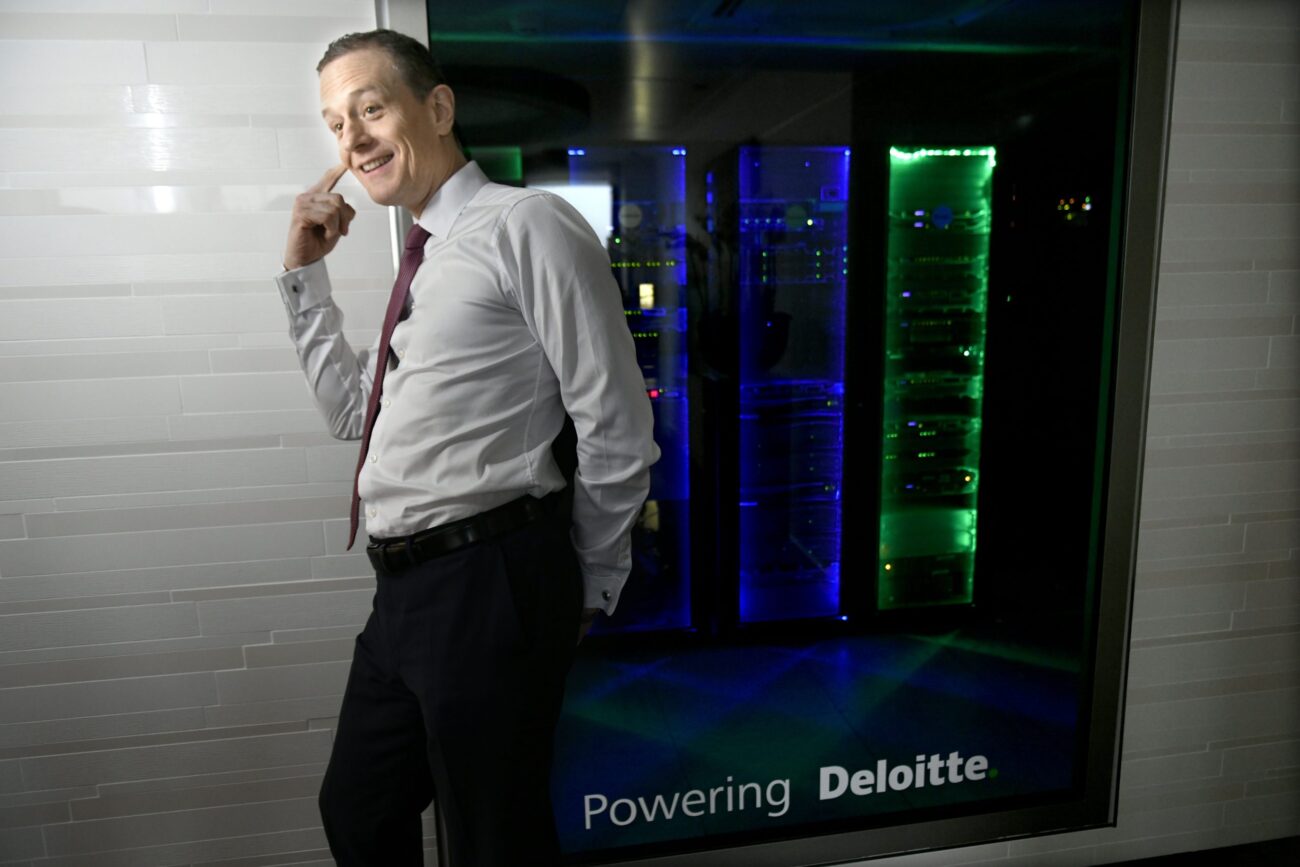Harry Goddard is slaloming his way between meeting rooms, endeavouring to recall the nuances of what he has just said while simultaneously priming himself for what he is about to say next. It is late 2018 and Goddard is one of several candidates vying to replace the outgoing Brendan Jennings as managing partner of Deloitte, the Big Four accountancy firm with 2,700 staff and a reach into every industry and sector on the island. The process is physically intense and mentally penetrating; it is more election than corporate interview, and the constituency extends to the 90 partners within the firm.…
Cancel at any time. Are you already a member? Log in here.
Want to continue reading?
Introductory offer: Sign up today and pay €200 for an annual membership, a saving of €50.

